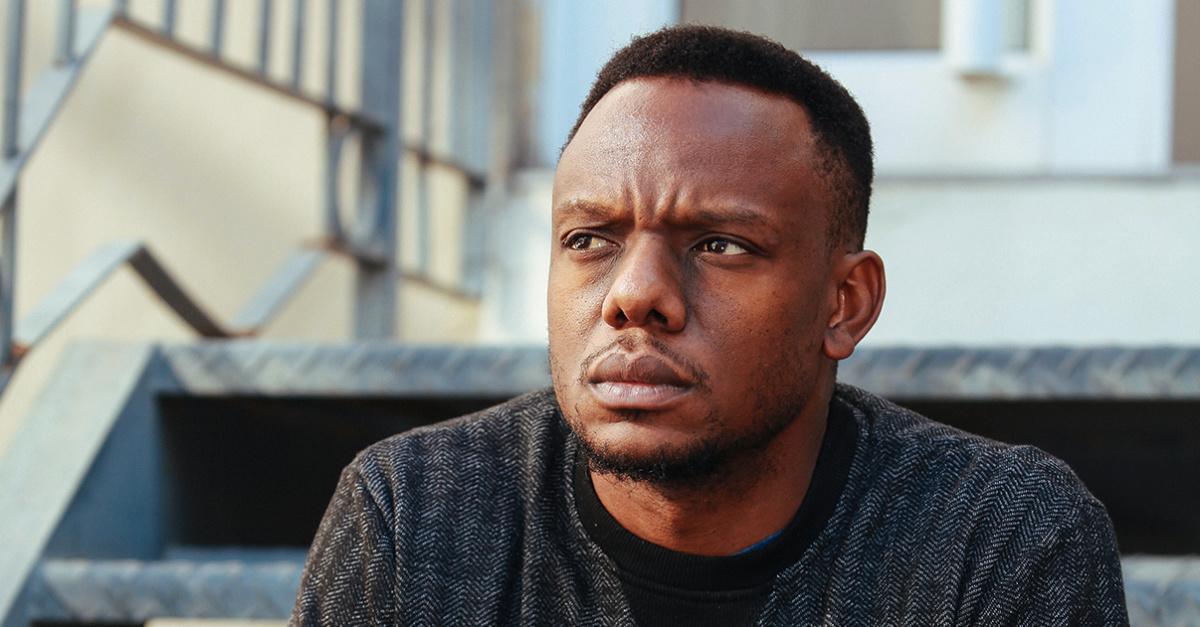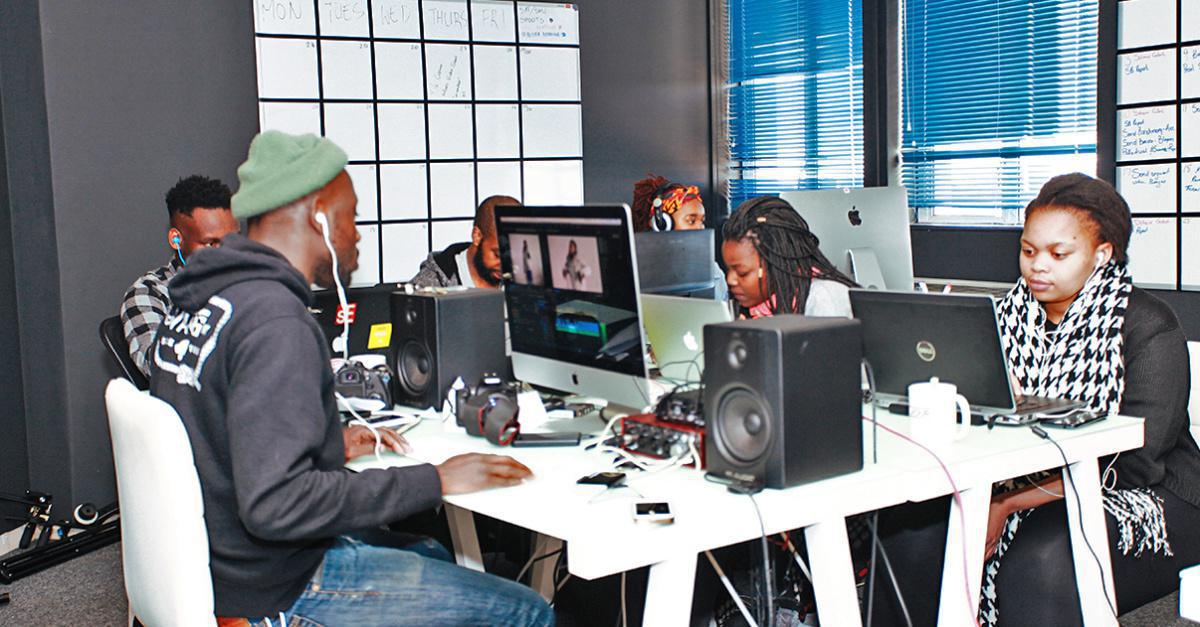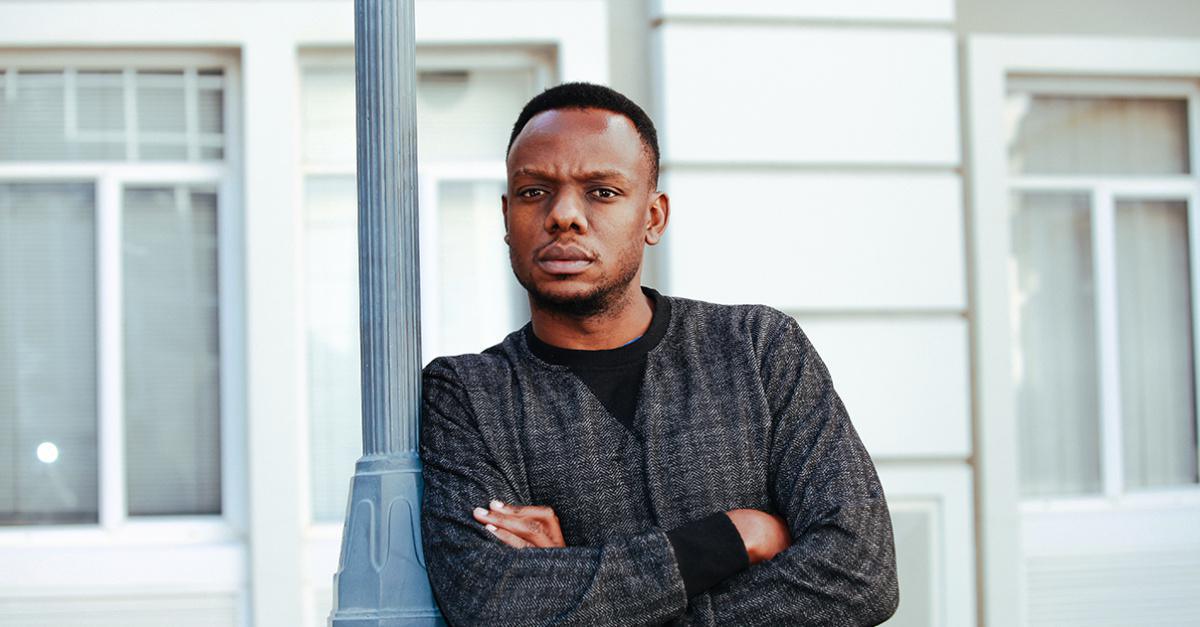Siyabonga Metane, fondly known as Slikour in his home of South Africa, spent his childhood in Katlehong, and teen years in Leondale. He describes his love for hip hop as incidental. “Growing up as a black kid, I just hadn’t seen black people look the way black people in hip hop look or speak with such conviction. That pulled me into hip hop because that’s when hip hop was very politically driven and conscious,” he shares.
On his role in the iconic rap group, Skwatta Kamp, he says the break into the industry was never expected. “We sold music in the streets independently, and we just had a name across the country because we were selling our own music and our own tapes”. The group was scouted by Sipho Sithole of Gallow. “He signed us and they [Gallow] really formalised our business.”
Slikour OnLife
Slikour OnLife is best thought of as a curator of music content. “We believe that we’re a pillar for artists on a digital platform,” Siyabonga elaborates. They also create their own content and speak to some of the biggest names in the game and the urban hip hop space. Slikour OnLif creates various themes around its content. The key objective is to always be able to tell the stories that other platforms don’t tell about South African creatives.
Capital
Initially Slikour OnLIfe was self-funded. “I started it from a job I had and saved money from”.
“Usually when people want to quit their jobs it’s for the wrong reasons. You don’t quit your job, you get a calling. You can’t quit your job and not know what you’re going to do. Entrepreneurship is not for everybody, some people are meant to help entrepreneurs build whatever they’re supposed to build. Just know your place in the ecosystem and make a decision based on knowing your place.”
Challenges
“I’ve encountered challenges that every other black person would encounter. The economy is not run by us, the big money is not run by us. The threshold of black businesses is that we make a lot of money, but we can’t build businesses that last for 200 years because we don’t have the resources and the infrastructure to build these businesses. What people don’t understand is that business is infrastructure, business is a monetary science and strategic planning.”




